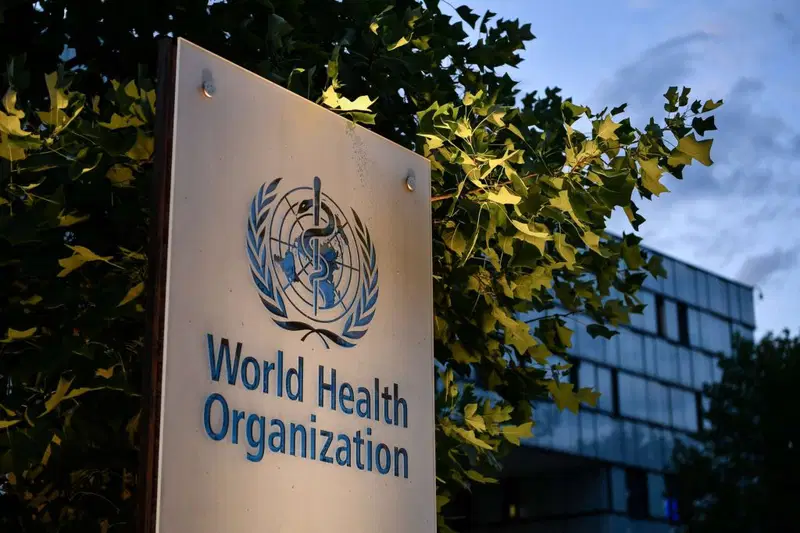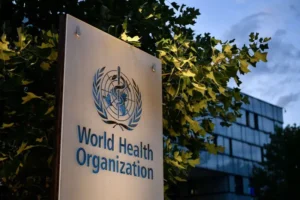- Nigeria’s insecurity crisis worsened in 2024, with devastating consequences for citizens and security personnel.
- The country’s security landscape is complex, with internal and external threats contributing to a gruesome picture of bloodshed, tears, and fear.
- Over 200 security personnel were killed in 2024, including 140 policemen in the Federal Capital Territory.
Nigeria’s insecurity crisis continued to worsen in 2024, leaving a trail of devastation and despair in its wake. The country’s security landscape is complex, with a myriad of internal and external threats contributing to a gruesome picture of bloodshed, tears, and fear.
The human cost of this crisis has been staggering. Over 200 security personnel were killed in 2024, including 140 policemen in the Federal Capital Territory. The Nigeria Police Force has been particularly hard hit, with many of its personnel paying the ultimate price in the line of duty.
Regional Security Challenges
The insecurity crisis is not limited to any one region of the country. In the North-West, groups like ISWAP and Lakurawa terrorists have been wreaking havoc, leaving a trail of destruction and death in their wake. In the South-East, separatist groups have been enforcing sit-at-home orders, attacking Nigeria’s sovereignty and causing widespread fear and uncertainty.
Economic Consequences of Insecurity
The persistent insecurity has had a crippling effect on the economy, particularly in rural areas. Farmers have been forced to abandon their crops and livestock due to fear of attack, leading to food shortages and economic hardship. The sound of gunfire has become a hauntingly familiar echo through once-peaceful villages, forcing families to flee for their lives.
Rise of Cybercrime
In addition to the physical security threats, Nigeria is also facing a growing threat from cybercrime. In 2024, Nigerians lost N8.8 billion to fraudsters, highlighting the need for greater awareness and action to prevent these types of crimes.


















